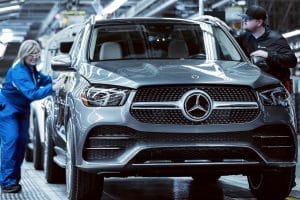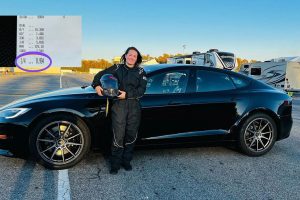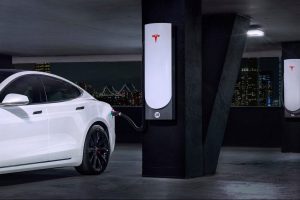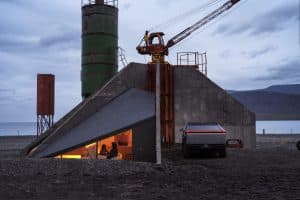Tesla has filed a patent that aims to recover undamaged and unutilized nickel and cobalt, two crucial raw materials in battery cells. The patent outlines the use of an electrochemical dissolution to recover the Earth metals for recycling purposes, moving toward a more efficient supply chain as some battery materials are becoming hard to obtain due to global supply chain shortages.
The patent is titled “Metal Sulfate Manufacturing System via Electrochemical Dissolution” and was filed by three Tesla engineers. The automaker filed it on July 29th, 2021, just days after the Q2 2021 Earnings Call, where Tesla reported its eighth consecutive profitable quarter.
THE PATENT
Battery manufacturing has been a central focus of electric car companies since day 1. Batteries are the lifeblood of electric cars, and as more companies enter the EV sector, batteries and battery materials are becoming less available due to growing demand. One way to utilize EV batteries after their lifespan has come to an end is to recover the undamaged and unutilized raw materials from the non-functioning cells. Battery cell recycling could be the best and most efficient way to alleviate battery material supply shortages and increase the number of available cells for a company’s products. Nickel and cobalt are two materials that would be ideal for this patent: nickel due to its low availability and cobalt due to its environmental effects and commonly immoral mining practices.
“Nickel and cobalt sulfates are often used as raw materials for lithium-ion battery cathode material precursors, nickel metal hydride battery cathodes, and nickel cadmium battery cathodes. It is sometimes difficult or expensive to purchase metal sulfate products from the market due to their limited availability,” the patent states. “As a result, several companies synthesize metal sulfate solutions via dissolution in sulfuric acid from more readily available metal products, such a nickel powder, nickel briquette, cobalt powder, and cobalt briquette. However, the growth of the electric and hybrid-electric vehicle markets is expected to continue into the future and result in a shortage of metal powders and briquettes, in addition to sulfates.”
Tesla aims to utilize an electrolyte bath container to hold a solution for battery cells to be placed in. The bath would utilize “relatively dilute sulfuric acid” in an electrochemical dissolution device with an anode and a cathode, synthesizing a metal sulfate solution from the cathodes, powders, or briquette materials. The metals can be extracted from the cells through the bath, which will have low-voltage currents applied to it, freeing the undamaged materials from the battery.
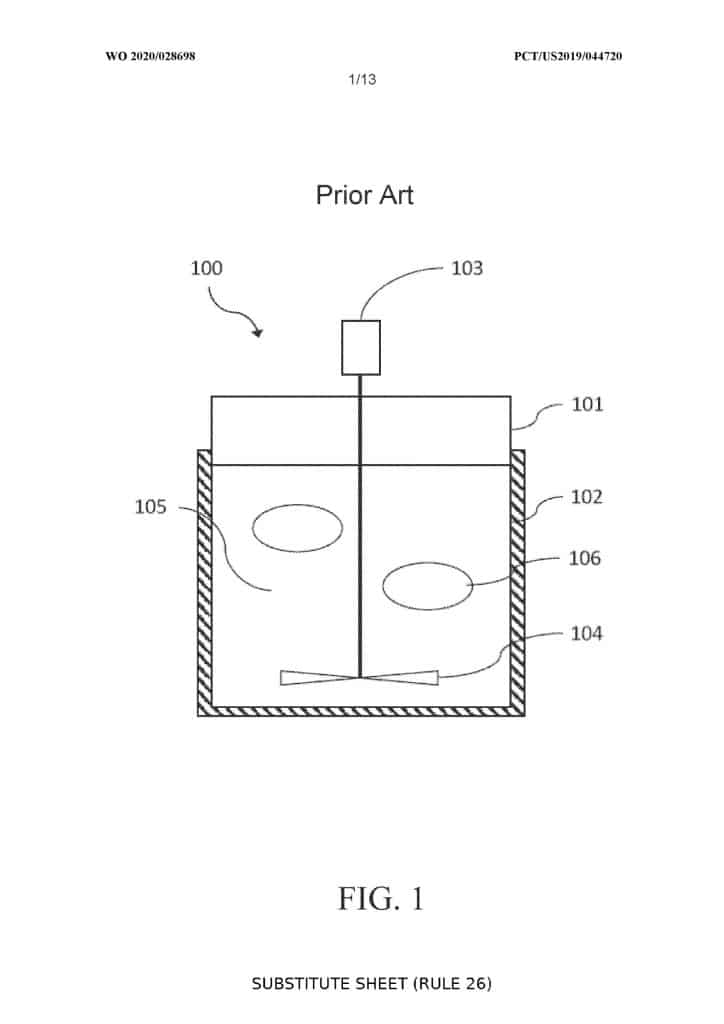
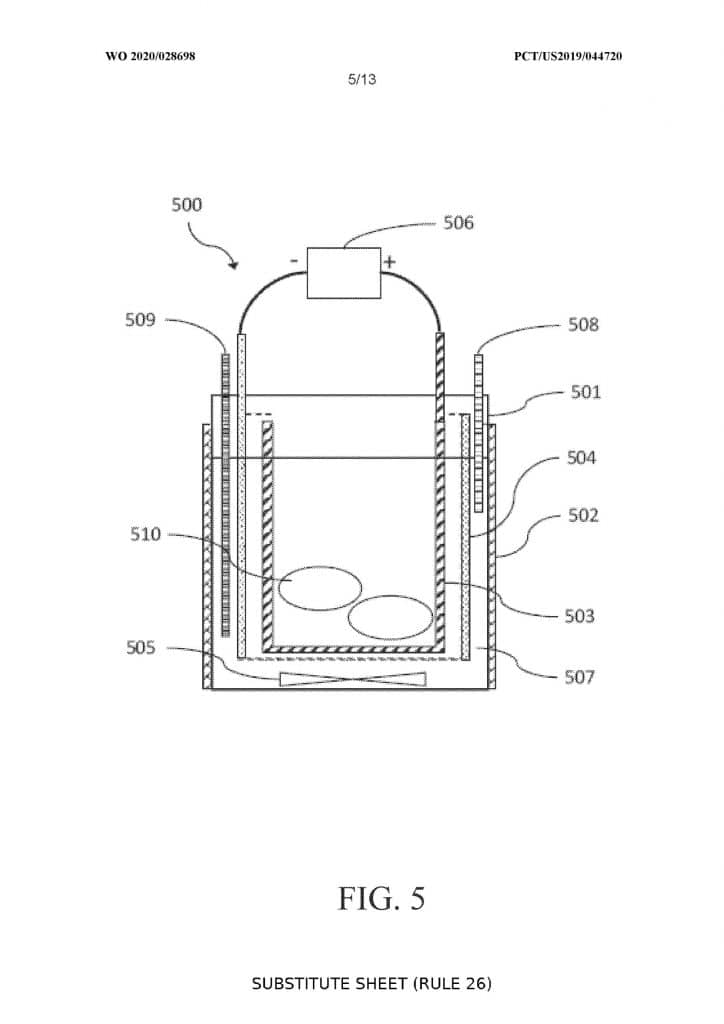
WHY THIS IS A BIG DEAL
The patent, if granted, would open doors for Tesla to recover some of the most crucial elements of an electric vehicle or energy storage battery. With the increased demand for these materials, Tesla could cut its expenditures for material mining and new battery cell production, allowing the company to remove itself from the extensive waiting list for these materials. Costs for both nickel and cobalt have skyrocketed recently. Cobalt has increased in price significantly since September 2019, increasing by 62.64% since then. Nickel is up 9.25% in the same time frame, according to Investing.com.
MUSK’S CALLOUT FOR NICKEL AND COBALT
Tesla CEO Elon Musk has been requesting nickel for several quarters, even requesting a supplier to offer its services to the automaker for a “giant contract.” Tesla has signed supply deals with Australia’s BHP and has also been in talks with Canadian and Indonesian companies.
Musk said during the Q2 2020 Earnings Call:
“Well, I’d just like to reemphasize, any mining companies out there, please mine more nickel, OK? Wherever you are in the world, please mine more nickel, and don’t wait for nickel to go back to some long — some high point that you experienced some five years ago or whatever. Go for efficiency, as environmentally friendly, nickel mining at high volume. Tesla will give you a giant contract for a long period of time if you mine nickel efficiently and in an environmentally sensitive way. So hopefully, this message goes out to all mining companies.”
Cobalt, a highly controversial metal that is crucial for cell stability, is an element Tesla is attempting to move away from. However, if the automaker can get its hands on reusable cobalt from old batteries, it would likely not say no to the option of having it on hand. Mining practices have widely been characterized as immoral and have taken advantage of child labor. Tesla has worked its way around these issues through routine due diligence checks at its supplier’s mines, but still, getting cobalt out of the supply chain altogether is the goal. Tesla is working toward a zero-cobalt LPF cell in China, and suppliers like Panasonic have also indicated that they could have cobalt-free cells ready in 2-3 years.
Tesla’s patent is available below.


